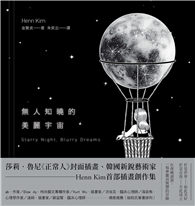Urban landscapes are complex spaces of sociocultural diversity, characterized by narratives of both conviviality and conflict. As people with multiple ethnicities and nationalities find their common destinies in thriving globalizing cities, social cohesiveness becomes more precarious as different beliefs, practices, ambitions, values, and affiliations intersect in close proximity, producing social tensions.
Tensions in Diversity presents a multi-method comparative study that draws on the experiences of 140 residents of native and immigrant origin, community organizers, and municipal officers in three culturally diverse neighbourhoods of varying income levels in Los Angeles County. Using cognitive mapping analysis combined with data from interviews, surveys, and participant observation, this book explores how exactly coexistence is socio-spatially experienced and negotiated in daily life.
Tensions in Diversity identifies the planning and design considerations that enable intercultural learning in the public places within diverse cities. In doing so, this book foregrounds urban space as an active force in shaping coexistence and convivial public environments.











